Serbian delegation comments on ICJ debate
The deputy chief of the Serbian delegation in the ICJ Kosovo proceedings Saša Obradović said the course of the debate has been "as expected" so far.
Thursday, 03.12.2009.
09:52

The deputy chief of the Serbian delegation in the ICJ Kosovo proceedings Sasa Obradovic said the course of the debate has been "as expected" so far. The Hague-based International Court of Justice (ICJ) was asked last year by the UN General Assembly to give its advisory opinion on the legality of the Kosovo Albanian unilateral declaration of independence. Serbian delegation comments on ICJ debate Countries on both sides of the dispute, and the Kosovo Albanian representatives, will have a chance to present their arguments until December 11. Yesterday's statements heard from Argentina, which supports Belgrade, were described by Obradovic as "exceptional". "We've heard an exceptional legal statement from the Argentine representative, for which we are grateful. In the next days there will be more statements from countries that support our legal position," he said. Belgrade rejected the February 2008 proclamation, and considers it illegal. Obradovic also said that the proceedings at the ICJ were developing according to what Serbia's legal team had expected. Obradovic would not comment on Wednesday's arguments made by Albania and Germany, which supported the unilateral declaration, while he said Saudi Arabia's short statement was "devoid of any legal arguments". On the other hand, he described Serbia's performance as being "in the strong rhythm of legal arguments". The Kosovo Albanian side, invited to the proceedings as "the authors of the declaration", in a way negated the importance of international law, said Obradovic. "I'm afraid it's almost tantamount to a legal scandal to go before the International Court of Justice and say that international law does not cover the issue of secession, especially for someone who would like to be the world's youngest state," he continued. The hearing today at the ICJ will continue with Austria, Azerbaijan, Bahrain and Belarus presenting their arguments. The transcripts from Dec. 1 and 2 are available here and here Serbian team praises Argentina The members of the Serbian delegation in The Hague-based International Court of Justice (ICJ) have qualified as unconvincing all the statements so far which support the unilateral proclamation of Kosovo's independence and said they included nothing new, but pointed out, however, that the delegation was pleasantly surprised by the arguments of Argentina which “matched the principles of Serbia.” The head of the delegation, Serbian Ambassador to France Dusan Bajatovic, congratulated and thanked Susana Ruiz Cerutti, the chief representative of Argentina, for the country's Wednesday presentation before the ICJ, which “brought to light a number of crucial issues.” In her speech before the 15 judges of the ICJ in The Hague-based Peace Palace, Cerutti pointed out, among other things, that she would not have voted for UN Resolution 1244 in June 1999 had she not been sure that the document guaranteed the territorial integrity of Serbia. The Serbian delegation praised two more Cerruti's arguments “as the key ones for the debate” - her notion that the Kosovo Assembly is a UN body, that all Kosovo institutions are provisional, i.e. intended to be temporary, and that those institution cannot pass essential decisions especially not the ones considering the status of the southern Serbian province. The Argentine representative stressed that the Albanians in Kosovo are a minority which gave itself the right to proclaim independence, although according to Resolution 1244, it does not have that right. She underlined that Martti Ahtisaari was merely a UN mediator in the negotiations on Kosovo status, although ethnic Albanians see him as someone who had the power to bring the final decision.
Serbian delegation comments on ICJ debate
Countries on both sides of the dispute, and the Kosovo Albanian representatives, will have a chance to present their arguments until December 11.Yesterday's statements heard from Argentina, which supports Belgrade, were described by Obradović as "exceptional".
"We've heard an exceptional legal statement from the Argentine representative, for which we are grateful. In the next days there will be more statements from countries that support our legal position," he said.
Belgrade rejected the February 2008 proclamation, and considers it illegal.
Obradović also said that the proceedings at the ICJ were developing according to what Serbia's legal team had expected.
Obradović would not comment on Wednesday's arguments made by Albania and Germany, which supported the unilateral declaration, while he said Saudi Arabia's short statement was "devoid of any legal arguments".
On the other hand, he described Serbia's performance as being "in the strong rhythm of legal arguments".
The Kosovo Albanian side, invited to the proceedings as "the authors of the declaration", in a way negated the importance of international law, said Obradović.
"I'm afraid it's almost tantamount to a legal scandal to go before the International Court of Justice and say that international law does not cover the issue of secession, especially for someone who would like to be the world's youngest state," he continued.
The hearing today at the ICJ will continue with Austria, Azerbaijan, Bahrain and Belarus presenting their arguments.
The transcripts from Dec. 1 and 2 are available here and here
Serbian team praises Argentina
The members of the Serbian delegation in The Hague-based International Court of Justice (ICJ) have qualified as unconvincing all the statements so far which support the unilateral proclamation of Kosovo's independence and said they included nothing new, but pointed out, however, that the delegation was pleasantly surprised by the arguments of Argentina which “matched the principles of Serbia.”The head of the delegation, Serbian Ambassador to France Dušan Bajatović, congratulated and thanked Susana Ruiz Cerutti, the chief representative of Argentina, for the country's Wednesday presentation before the ICJ, which “brought to light a number of crucial issues.”
In her speech before the 15 judges of the ICJ in The Hague-based Peace Palace, Cerutti pointed out, among other things, that she would not have voted for UN Resolution 1244 in June 1999 had she not been sure that the document guaranteed the territorial integrity of Serbia.
The Serbian delegation praised two more Cerruti's arguments “as the key ones for the debate” - her notion that the Kosovo Assembly is a UN body, that all Kosovo institutions are provisional, i.e. intended to be temporary, and that those institution cannot pass essential decisions especially not the ones considering the status of the southern Serbian province.
The Argentine representative stressed that the Albanians in Kosovo are a minority which gave itself the right to proclaim independence, although according to Resolution 1244, it does not have that right.
She underlined that Martti Ahtisaari was merely a UN mediator in the negotiations on Kosovo status, although ethnic Albanians see him as someone who had the power to bring the final decision.
















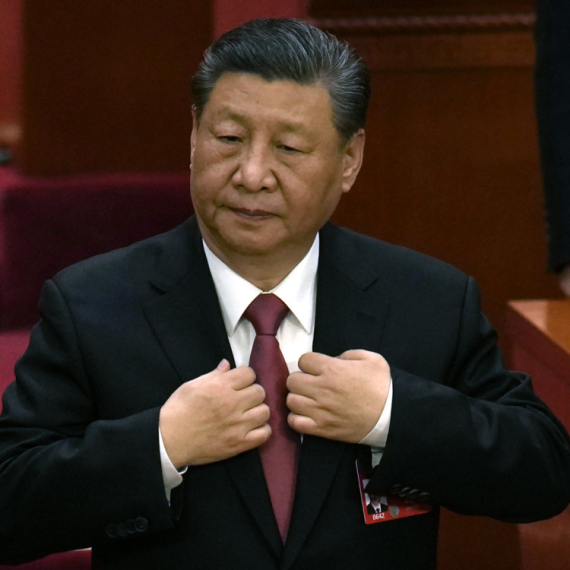
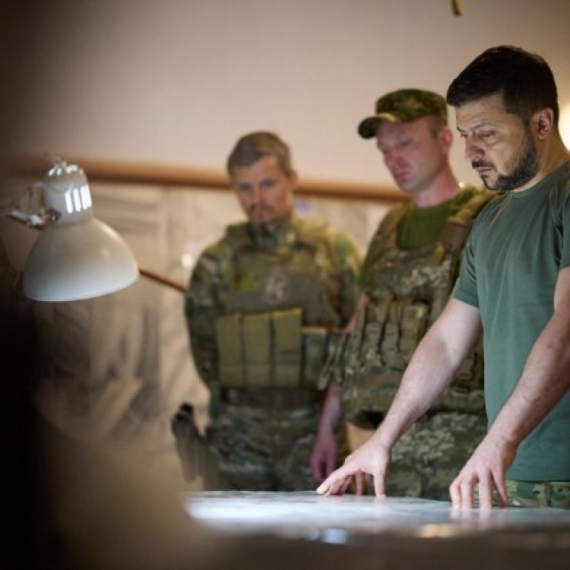
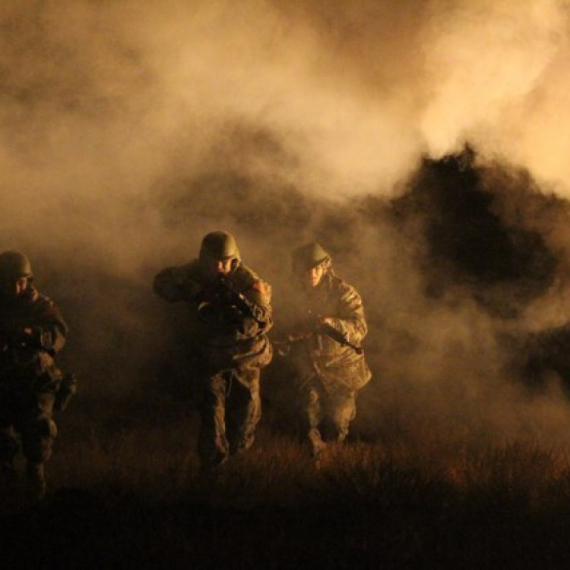
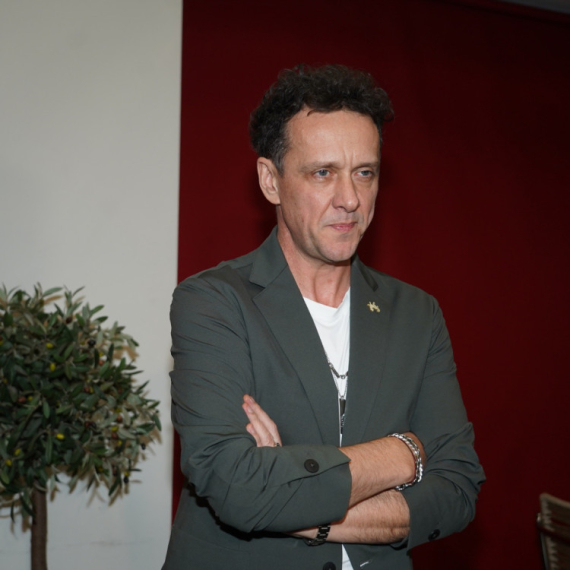























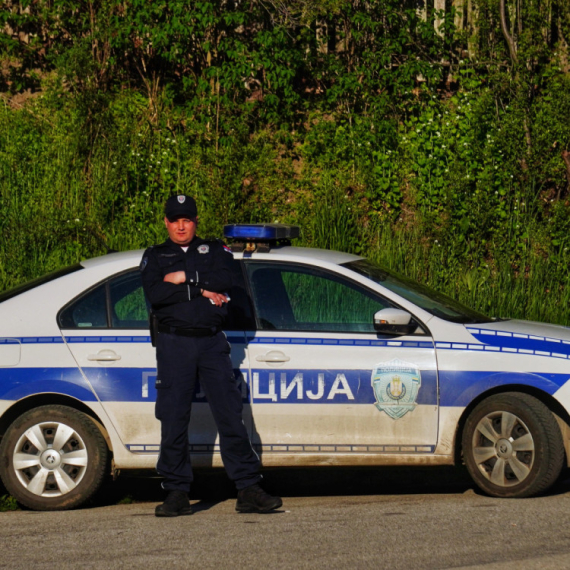
















Komentari 33
Pogledaj komentare